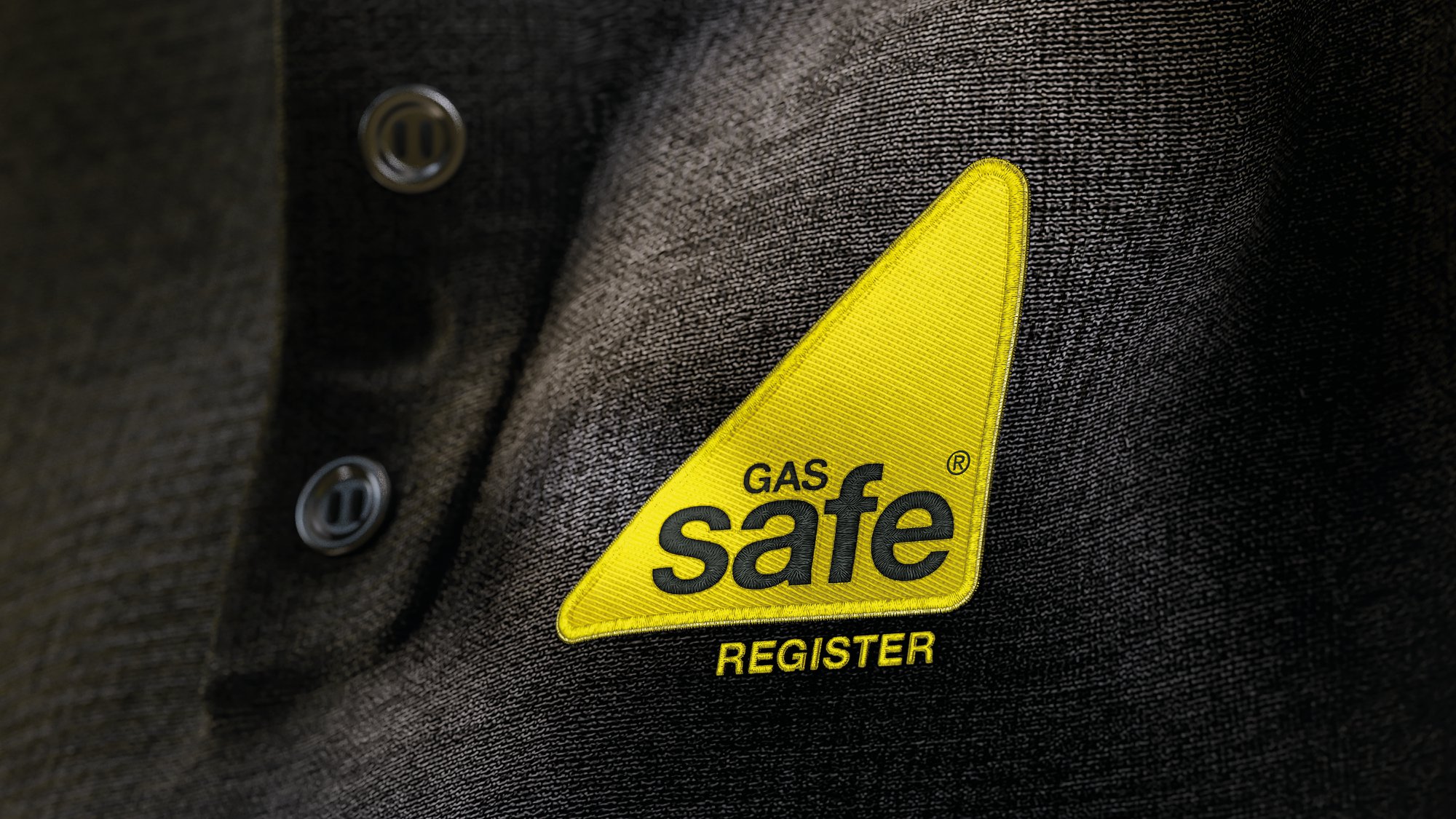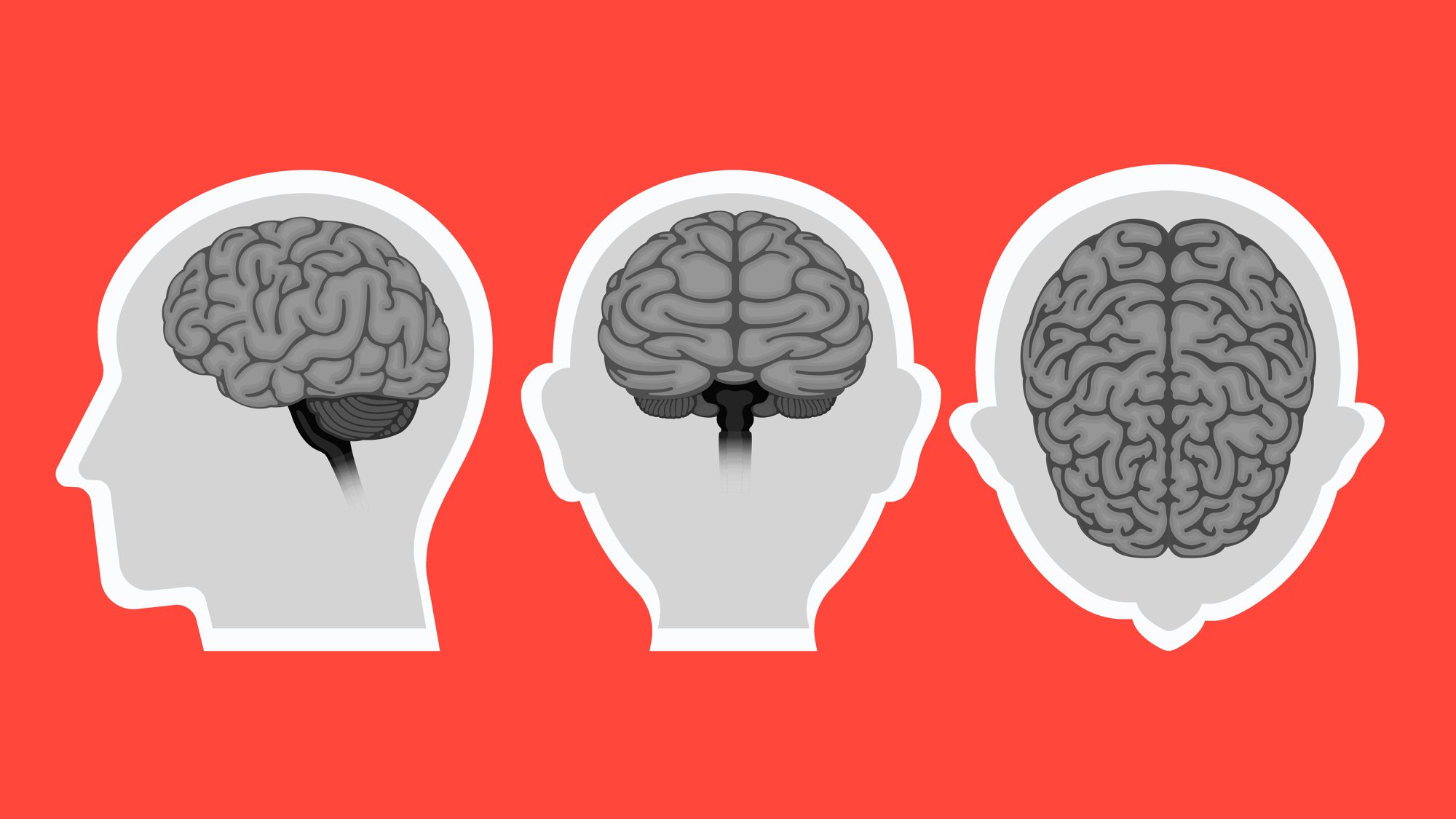Creating behaviour change with brand activation

Marketing and advertising play a huge role in shaping our society.
In an ideal world these changes would all be positive, but at times they can be negative.
We all know how the fast-food industry, fizzy drinks and tobacco have all adversely impacted society, but now more than ever, brands have a responsibility to make a positive impact on the planet.
Much of the positive change we have seen has come as a result of much needed awareness from not-for-profit organisations, the media and the public sector.
Ironically, the changes driven from these sectors often involve undoing the damage caused by brands who have been running their businesses irresponsibly – where profit supersedes almost everything.
Because of this, campaigns created to drive positive change, have to work even harder to undo existing habits and behaviours created by these brands.
This is where brand activation (with the help of behavioural science) comes in.
At its heart, it’s about shifting perceptions and understanding your audience fully in order to create real emotional engagement.
Public Health England are known for raising awareness for a variety of health concerns including smoking, obesity, mental health, and of course most recently Covid-19.
To deliver effective change, they consider the following when creating their campaigns (taken from ‘the effectiveness of public health campaigns’):
- Increase knowledge and awareness of risks (through information and awareness-raising), or knowledge and awareness of services to help prevent risks
- Change attitudes and motivations, e.g. through messages aimed at young people about the harmful impact of smoking to health and appearance
- Increase physical or interpersonal skills, e.g. socially distancing or wearing a mask
- Change beliefs and perceptions, e.g. through interventions aimed at increasing testicular self-examination in men by raising their awareness of risk and ‘normalising’ self-examination
- Influence social norms, e.g. by changing public perceptions of secondary smoking, or public acceptance of breastfeeding
Various researchers have found these public health initiatives to be effective in driving positive behaviour change.
According to the article ‘Can anti-smoking television advertising affect smoking behaviour’ published by the Health Development Agency, “England’s anti-smoking TV campaign was effective in reducing smoking prevalence through encouraging smokers to stop and helping prevent relapse in those who had already stopped.”
These health awareness campaigns are often delivered on a mass scale, but behaviour change can be achieved at a business and local level too – with a great deal of success.
Brand activation has been integral to changing passenger behaviour through our work with Southeastern Railway and Govia Thameslink Railway. We’ve also helped Gas Safe Register reinforce a sense of safety and protection with their brand.
A few years ago we worked with Crimestoppers, the goal was to create an emotional connection with key audiences and to build a compelling case for support. Following this, the charity saw an 11% increase in reports sent to the police and a 19% uplift in online forms submitted to the police.
The primary goal of brand activation is to create connection between the audience and your brand.
This often translates into brand awareness, greater audience engagement and ideally a better ROI.
But organisations trying to enforce positive change have a difficult task on their hands because essentially, it’s an attempt to change a person’s way of life, mind, habits, and behaviours. Even though the change could save them, the environment, or help others, the challenge is convincing your audience that it’s worth the effort.
Brand activation – backed by behavioural science – allows your brand to connect with your audience on an emotional level … for driving positive change, this is critical.
A human-centric approach to marketing has been proven to produce more effective results because it leaves a long-lasting memory, builds customer loyalty and increases engagement.
For businesses, effective brand activation will not just help to bring your brand to life but also create long-term emotional connections with your audiences.
For change-makers, this could lead to a positive change in society – crucially businesses and change makers are not mutually exclusive, wouldn’t it be great if all organisations could aim to be both.
Does your brand need activating?





